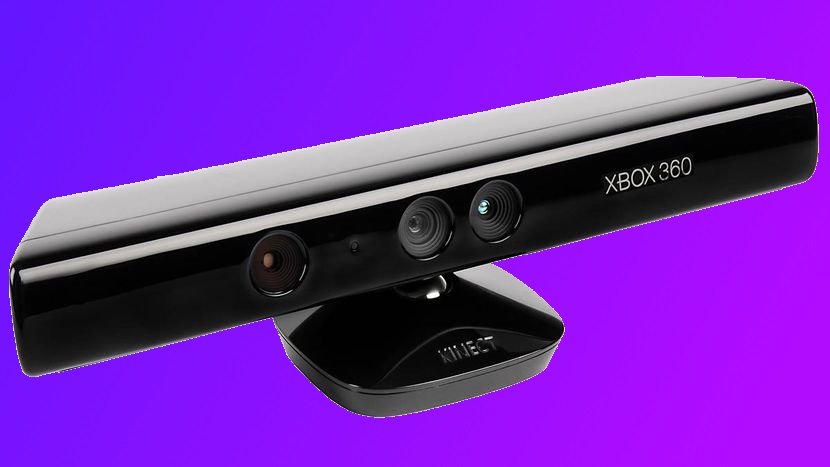How I got there
A collection of competitive mini-games presented by a manipulative virtual host, Showtime had been pitched by Ubisoft Singapore on the heels of “Teenage Mutant Ninja Turtles: Turtles in Time Re-Shelled”
I had been involved with it from GEEA because a) their lead programmer J.S. Mouret was a 1st wave GEEA member b)they meant to be a Kinect launch title and we had built a lot of knowhow in that area c) I wanted to get more involved in production, having grown a bit tired of mostly working with engineers.
From Paris, I made a prototype for their virtual host using the GEEA prototyping engine; checking what worked and didn’t in terms of head tracking players around, reacting to identified/unidentified players walking in and out of the Kinect FOV and adjusting overall attitude based on mic’s volume, perceived luminosity, etc…
After their initial greenlight, they needed a few more GPPs with a strong design sense, so I came onboard and onsite in Singapore for a 3 months mission, with an overblown job description but meaning to help the team were I could.
What I got to work on
The Virtual Host:
I coded the behaviour of a virtual host that would present the mini-games, call the proper participants, react to their entrance/exit and to their performance in the mini-game as well as the overall ‘show’.
4 Minigames (co-design and full implementation)
Simon Say: each hand of the player is given a color; players must paint their own skeleton so that it matches a template given on screen. This was cut because a significant amount of play testers felt uneasy with touching themselves. (and I’m not even talking about when we did a coop challenge and gave different color to all the player’s hand and thus they had to paint each other limbs.)
Mine Cart: inspired by the sequence from Temple of Doom, player would play a cart and could lift one foot of the ground to tilt on one side or the other, jump to… jump (and flapping hands to increase air time) and crouch to accelerate.
Flying game: player extend their arms to start a plane, then use their torso to tilt the plane up/down and their arm to tilt right/left. They can also retract their arm to stop the engine, dive and gain speed.
Archery (port from GEEA proto.): Fire at a target with different behavior, reaching behind your left or right shoulder to get a new arrow.
My short mission turned into full-time employment, when pretty simultaneously I expressed my desire to extend my stay with the team and GEEA got hit with budget cuts and couldn’t make due on their promise to give me a long term contract.
Sadly, we were very much behind schedule for the whole time and the project was cancelled 4 months later.
Tools
C++, in-house C-like script.
Take-aways
Collaborating with other jobs is my jam: at my previous position in Ubisoft, I was surrounded by game makers, but mostly by coders. One of the reason I had entered the gamedev was that I wanted to work with people from different trades, because it fed a lot my curiosity and enthusiasm; Showtime did just that: I sat down next to animators with years of experience, collaborated with game designers, implemented features for sound designers and talked at length with artists. It was awesome and validating.
Getting cancelled is OK: when Showtime got cancelled right after a period of intense push, I took it hard: it felt like a huge waste of time and talent. This only lasted for a couple of days though and soon, I felt relief more than anything: the project was really in no place to ship and we didn’t have what it took to get out of that rut. Just like I’d made my peace with prototypes never going anywhere, I made my piece with a greenly project not reaching release; since it prevented us from living in development hell for who knows how long.
Cumulating technical, conceptual and organizational challenges is too much: we were shipping a new IP and on a new hardware whose specs were not yet stable and I think our team could have overcome these tough challenges; if we didn’t have a huge lack of seniority at nearly all positions.We had veteran game developers, but all of them were junior in their role: our leads in production, programming and animation had never lead before and lacked active mentoring. I also suffered from that: I came with an expertise in 3D Cam, but had never been in a Ubisoft production and struggled with their production practices. These combined were too much.
